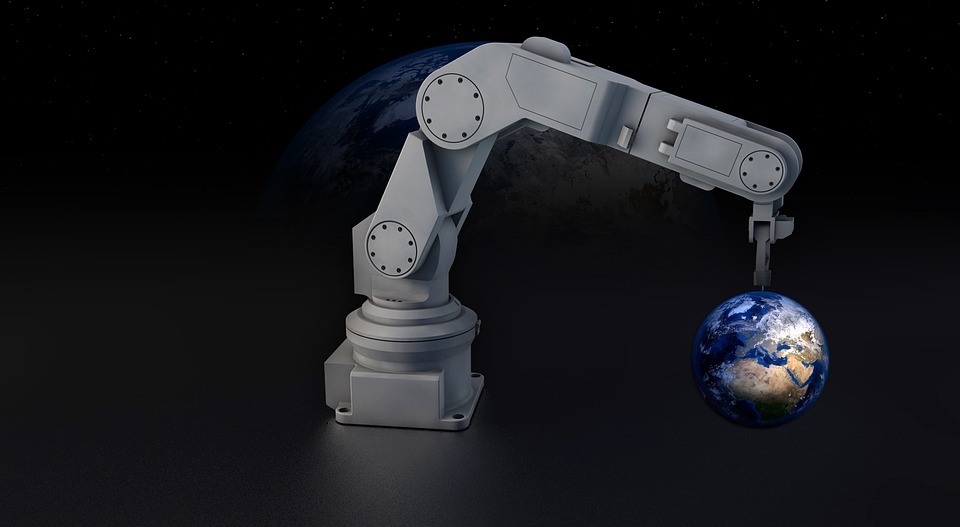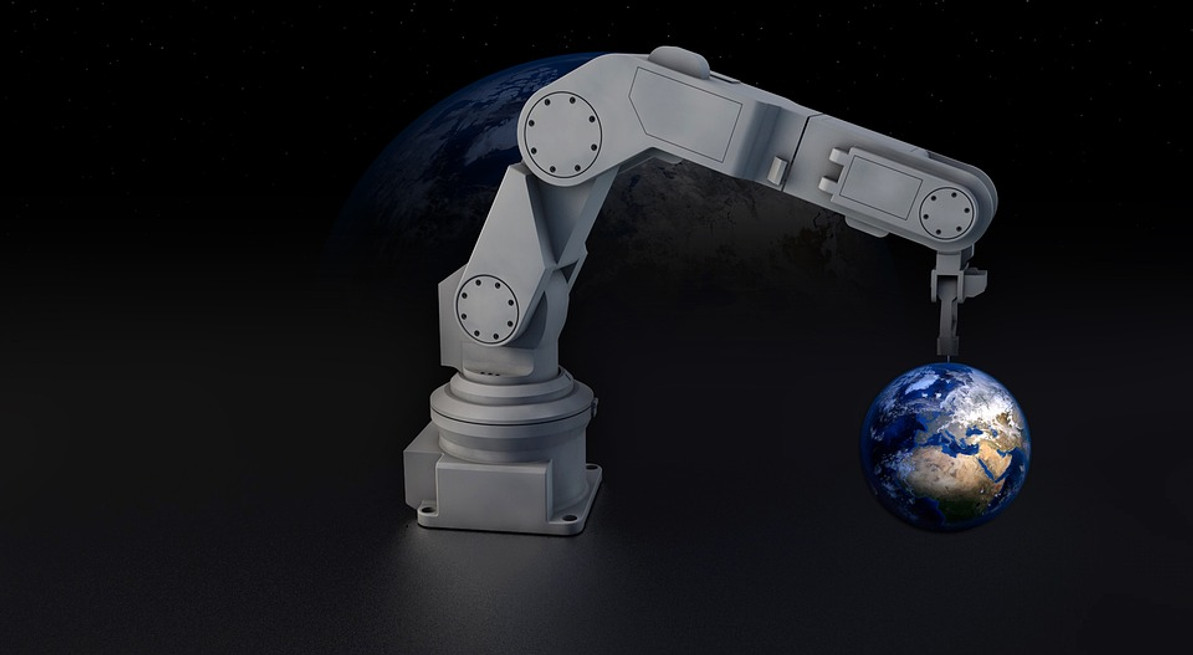Research Shows Fear of Automation Harms Workers' Health

Countless businesses are investing in automation technology to streamline their everyday processes. According to some reports, the global business process automation (BPA) market reached $6.6 billion in 2017. By 2021, however, it's expected to reach $12.7 billion. But there's a dark side to automation that often goes unnoticed: the negative impact that it has on workers. A recent study has found that fear of automation in the workplace may trigger various physical and mental health ailments.
The study, published in the medical journal Social Science and Medicine, found that workers experience negative health issues when there's a risk of automation in their respective job. Researchers specifically found that for every 10% increase in automation risk, workers' overall health -- both physical and mental -- declined by 2.38%. Researchers also found that the cost of these effects was approximately $174 million, with $6 to $40 million being spent towards physical distress, and $7 to $47 million being spent towards mental distress.
From an employer's standpoint, automation may sound like a promising solution to cut costs and save money. Investing in an assembly line of machines and robots that can automatically build a product, for instance, is cheaper and more efficient than requiring human workers to complete the process. But that's where the problem lies. Automation jeopardizes the jobs of many hardworking men and women, resulting in higher levels of stress and anxiety.
When speaking about the study, Michael Hicks explained that nearly half of the nation's workforce is currently at risk for losing their jobs due to automation.
"While estimates of potential job losses due to automation vary for our nation’ with one as high as 47 percent, most people agree that the risk of automation is significant and growing," said the study's lead researcher and author. "People who live and work in areas where automation is taking place are sickened by the thought of losing their jobs and having no way of providing for themselves or their families."
Automation isn't going away anytime soon. On the contrary, more and more businesses are expected to adopt automation technology within the coming years. With this adoption, however, comes changes in the traditional workplace. This doesn't necessarily mean that human workers will be replaced with robots. Rather, there will likely be new jobs emerging in certain industries like automotive and manufacturing. Workers who are able to evolve with these jobs will benefit from job security and improved overall physical and mental health.
Recent Posts
-
Fire Safety in the Workplace: What You Need to Know
What steps are you taking to prevent fires in your workplace? According to the U.S. Occupational Saf …Aug 23rd 2023 -
Is It Safe to Go Jogging With a Cold Infection?
If you're suffering from a cold infection, you might be wondering whether it's safe to go jogging. T …Aug 22nd 2023 -
5 Safety Tips to Follow When Using a Powder-Actuated Tool
Powder-actuated tools are commonly used to join materials to steel and concrete. Also known as Hilti …Aug 20th 2023




